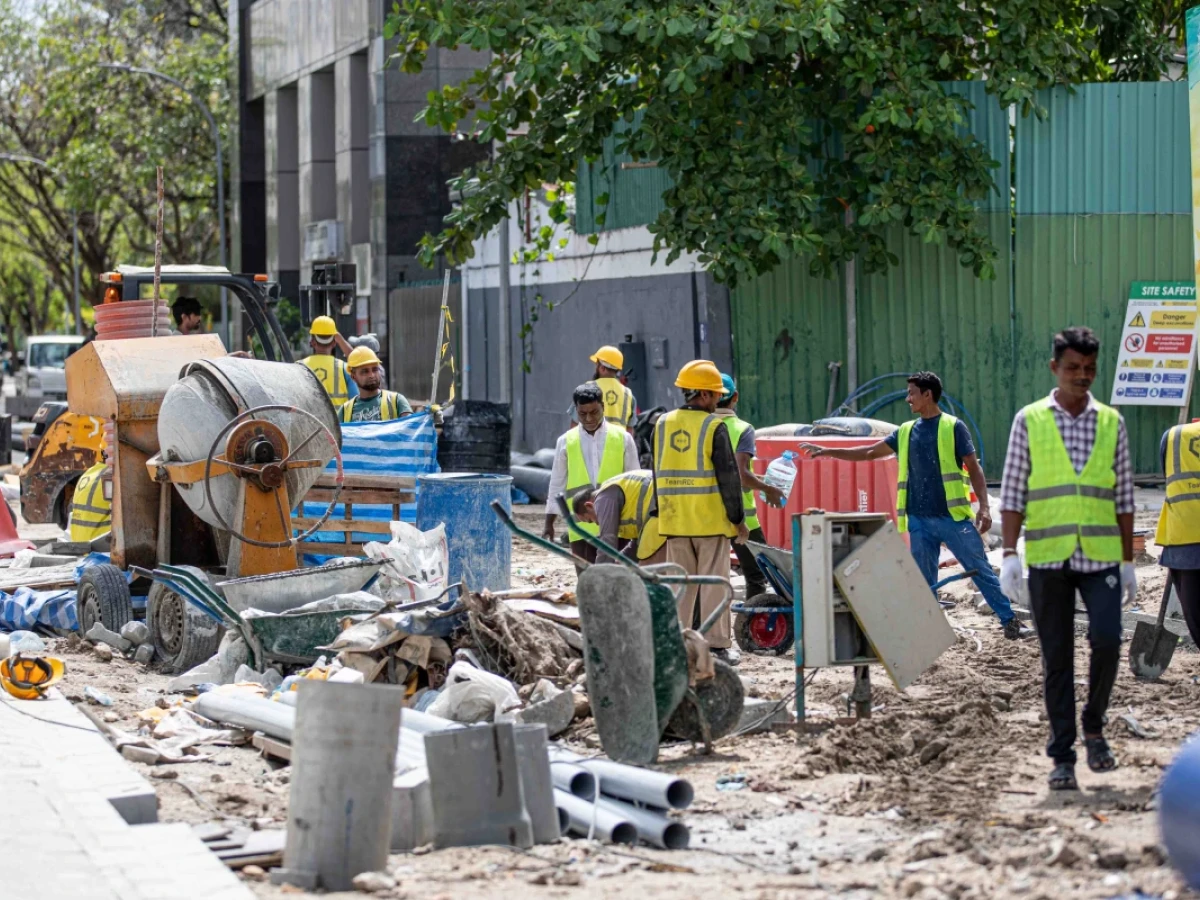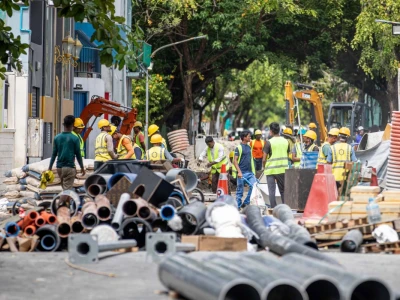
Ameenee Magu redevelopment deal disclosure order appealed
The Housing Ministry refused to disclose the information on the grounds that disclosing the information would affect the financial interests of a third party.
Top Stories
By
Fathmath Ahmed Shareef
The state has challenged the High Court's decision upholding the Information Commissioner's Office (ICOM) directive to the housing ministry to disclose the agreement for the construction of Ameenee Magu as requested by an individual.
A private individual, under the Right to Information (RTI) Act requested the ministry to disclose the agreement and blueprints of the Ameenee Magu redevelopment project, which is being developed by the government through the state-owned RDC. However, the ministry refused to share the information.
The ministry had approached the High Court, saying that ICOM had asked the ministry to provide the information, saying it was illegal.
-
The High Court had last month upheld ICOM's decision
-
The High Court said that there was no legal ground for the ministry to refuse to disclose it
-
The High Court, therefore, held that there was no reason to quash the iCOM's order
An official from the Attorney General's (AG) office, who was representing the housing ministry in the court, told Atoll Times on Sunday that they had challenged the high court's verdict upholding the iCOM order in the Supreme Court on Thursday.
The High Court said that the information officer of the ministry refused to disclose the information but did not specify which of the preceding conditions of the Right to Information (RTI) Act was applicable.
The High Court in its judgment said:
-
The ministry refused to disclose the information on the grounds that disclosing the information would affect the financial interests of a third party
-
The third party, the RDC, is a state agency
-
When a third party is interpreted under the law, the law says that state agencies will not be included in it




